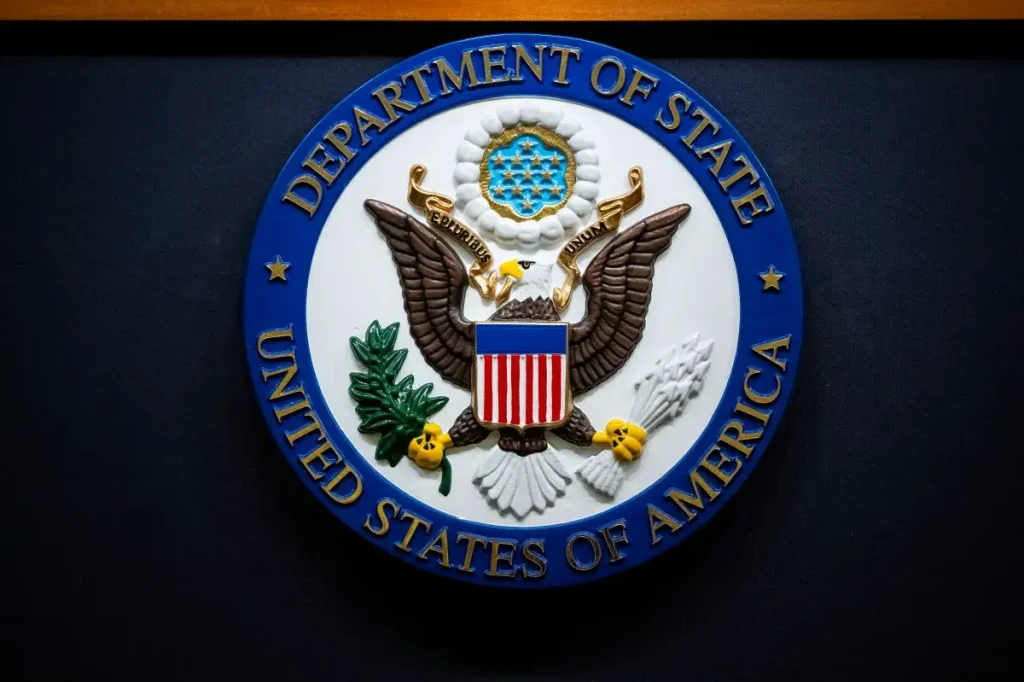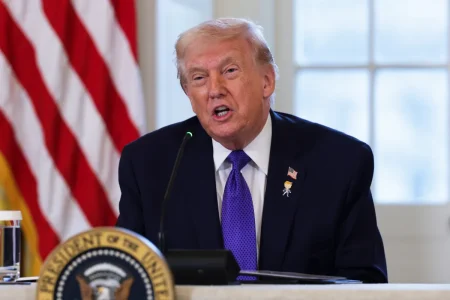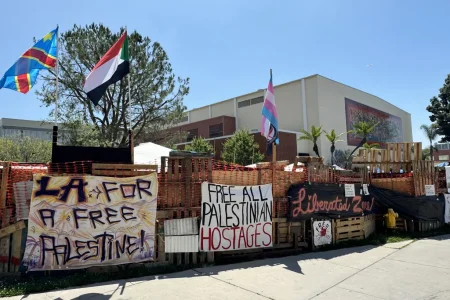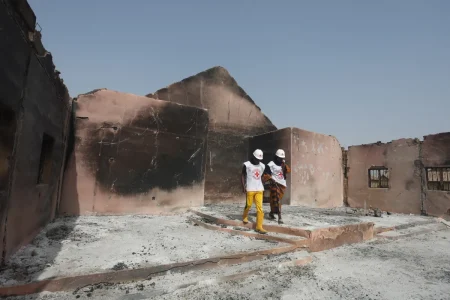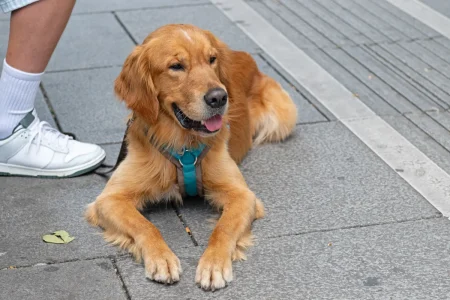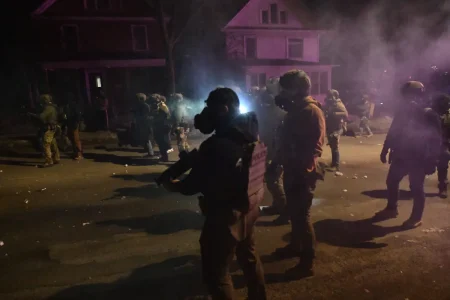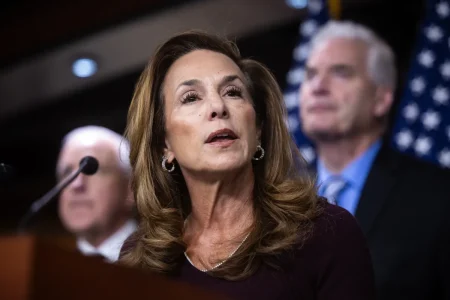Diversity Visa Lottery 2027: Delays, Changes, and What Applicants Should Know
The American dream remains accessible through various pathways, including the popular Diversity Visa Program, commonly known as the green card lottery. However, prospective applicants for the 2027 cycle are experiencing an unexpected delay, leaving many wondering about the future of this opportunity. According to Morgan Bailey, a partner at Mayer Brown and former senior Department of Homeland Security official, the postponement likely signals significant modifications to the registration process. This delay comes alongside regulatory updates proposed by the State Department, suggesting a substantial overhaul of how applications will be processed. While the Department has confirmed in a November 5 bulletin that changes are being implemented, they have yet to announce a new start date, stating only that it will be revealed “as soon as practicable.” This uncertainty has created a vacuum where misinformation thrives, prompting officials to warn about fraudulent services falsely claiming registration is open or offering to increase selection chances.
For thousands of hopeful immigrants, this delay is more than a minor inconvenience. The Diversity Visa Program represents a life-changing opportunity, particularly for individuals from countries with historically low immigration rates to the United States. Established by Congress in 1990 and signed into law by President George H.W. Bush, the program allocates 55,000 visas annually through a lottery system. It serves as a rare pathway to permanent residency for people who might not qualify through family connections or employment opportunities. The program operates under specific parameters, including regional allocations and country limits, designed to promote diversity in the American immigration landscape. For the 2026 cycle, nineteen countries were excluded from participation due to their already substantial representation in U.S. immigration flows, including India, China, Mexico, the Philippines, and several Latin American and Asian nations. The competitive nature of the program—millions apply for those limited 55,000 spots each year—means that any change to the application process could significantly impact an individual’s chance at this opportunity.
The changes being implemented appear to focus on enhancing security and reducing fraud, concerns that have long surrounded the program. A proposed rule from August 5, 2025, outlines several modifications, including a requirement for applicants to submit valid passport information and scanned copies of biographic pages during registration. This represents a significant shift from previous cycles when passport information was only required after selection in the lottery. Additionally, the State Department plans to introduce a $1 electronic registration fee, described as a cost-recovery measure rather than a revenue generator. While modest, this fee introduces a new financial component to what was previously a free initial registration process. The proposal also includes terminology updates in regulations, replacing “gender” with “sex” and “age” with “date of birth,” seemingly aimed at standardizing documentation language. These changes suggest a more rigorous vetting process is being implemented, potentially making the application process more complex but also more secure.
The timing of these changes comes during a period of heightened scrutiny on immigration policies across the board. The Diversity Visa Program has faced criticism and praise from various political corners throughout its existence. Proponents emphasize its role in maintaining America’s diversity and providing opportunities to qualified individuals from underrepresented countries. Critics have questioned its security protocols and suggested the random selection process doesn’t prioritize merit-based immigration. The State Department’s current modifications appear aimed at addressing some of these concerns while preserving the program’s core mission. Despite the regulatory changes and delayed registration period, officials have confirmed that the actual visa application period for those eventually selected will remain unchanged, running from October 1, 2026, through September 30, 2027. This suggests that while the entry process is being modified, the fundamental timeline for visa issuance remains intact.
The delay has created an information vacuum that unscrupulous actors are attempting to exploit. The State Department has been forced to issue explicit warnings about fraudulent services falsely claiming that registration is currently open or offering to increase an applicant’s chances of selection—both impossibilities given the program’s structure. The lottery’s random selection process cannot be influenced, and registration is only possible during the official period through the government’s website. The Department has emphasized that official announcements about the DV-2027 registration will come directly from State Department channels. This underscores a perennial challenge with the program: distinguishing legitimate information from scams that prey on hopeful immigrants. The current delay and anticipated changes make clear communication from official sources more crucial than ever, as potential applicants navigate this period of uncertainty.
For those hoping to participate in the DV-2027 lottery, patience and vigilance are essential. Experts advise monitoring the official State Department website for updates regarding registration dates and instructions rather than relying on third-party information. When registration eventually opens, applicants will need to carefully follow the new requirements, including potential passport submission and payment of the registration fee. The program remains highly competitive—historically, millions apply for the 55,000 available spots—and only those randomly selected will be eligible to proceed with the visa application process. Meeting eligibility requirements, which include a high school education or two years of qualifying work experience, remains essential. While the modifications to the entry process may change how people apply, they don’t alter the fundamental opportunity the Diversity Visa Program represents: a chance for qualified individuals from underrepresented countries to pursue permanent residency in the United States. As with many aspects of immigration, staying informed through official channels and preparing documentation in advance will be key to navigating these changes successfully.





